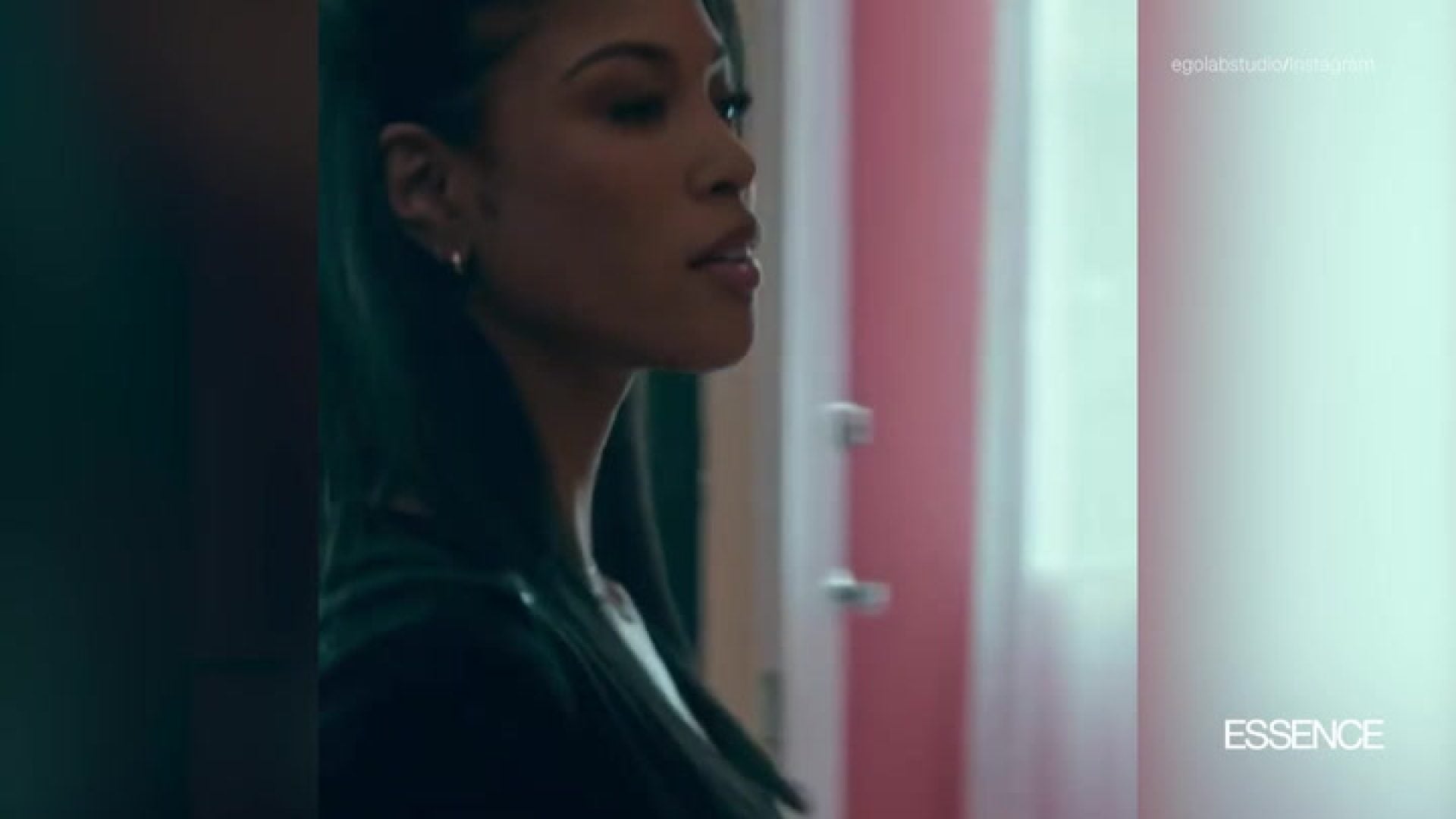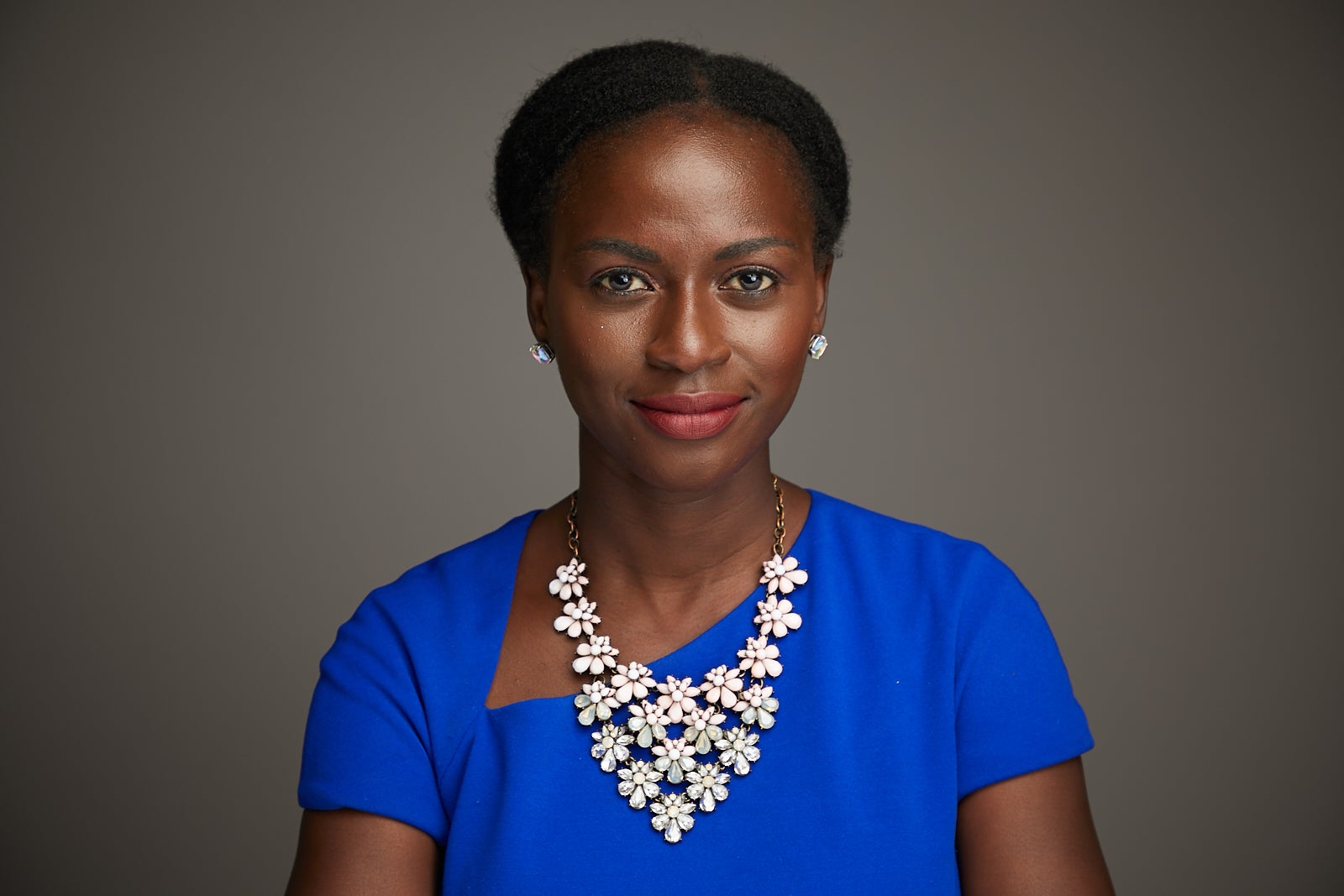
Working as a labor and delivery nurse for years in a small town in the Midwest, Layo George had seen a lot. And by a lot, she’d seen just how serene, supportive and luxurious one’s birthing experience could truly be. Well, for white women at least.
“When you look at the population of that small town, they were mostly white women giving birth there and the type of healthcare that was happening was just amazing to me,” she tells ESSENCE. From the delivery room, patients had a view of a nearby lake. Every new mom met with a lactation specialist before they were released. Massages were complimentary. Nurses were trained to help new moms breastfeed. It was a safe space.
It was the complete opposite of what George, raised and trained in Washington, D.C., saw while doing her rotations with mothers of color. Such care is also not often a reality for Black women who have to cope with the fact that they’re over three times more likely to die in pregnancy and postpartum than their white counterparts, often because of preventable things.
“We’re just not even getting even close to that kind of care,” she says. “Even just with breastfeeding, when I was training as a nurse in the D.C. area, baby-friendly wasn’t even a thing. People were just being given formula.”
When it was time for George to have her own child, she was serious about having a tranquil, safe experience. “I didn’t want to die,” she says of her birth plan, which involved the nurse and her husband taking a six-month sabbatical to travel to Savannah, Georgia to prepare to give birth. She wanted to recreate the care she saw in the Midwest.
“I was able to find the OB that I wanted who was okay with the kind of things that I wanted,” she says. “I would go to prenatal yoga on Thursdays. I just really created my journey, because I wanted it to be special. I found the doula that I wanted. I created a package for myself.”
And while she was successful (and is now the mother of a thriving 4-year-old), she realizes such an experience is one many Black women don’t have the resources to create for themselves. She wanted to help them better navigate the healthcare system around them so they wouldn’t have to just accept poor care and be apprehensive for nine months.
“That’s how I ended up with Wolomi, and really wanting to bring the joy back in our birthing experience,” she says. “Wolomi is from a Yoruba word, from Nigeria. When you greet a mom, it’s an older Yoruba word, meaning ‘happy dipping hands in water.’ It’s the community aspect of things. Just the idea that this thing, the birthing process, our birth journey is a happy thing. Unfortunately, it’s turning into this scary thing.”
Wolomi began with a non-profit organization, with George putting on events that would often sell out. Black moms would come together to support one another, to eat good food, to chat and learn from one another. When the events would end, the women wanted to stay connected, bouncing questions about motherhood and parenting off of one another in a buzzing What’sApp group. “They needed more,” she says. That’s when the idea to create an app came to George.
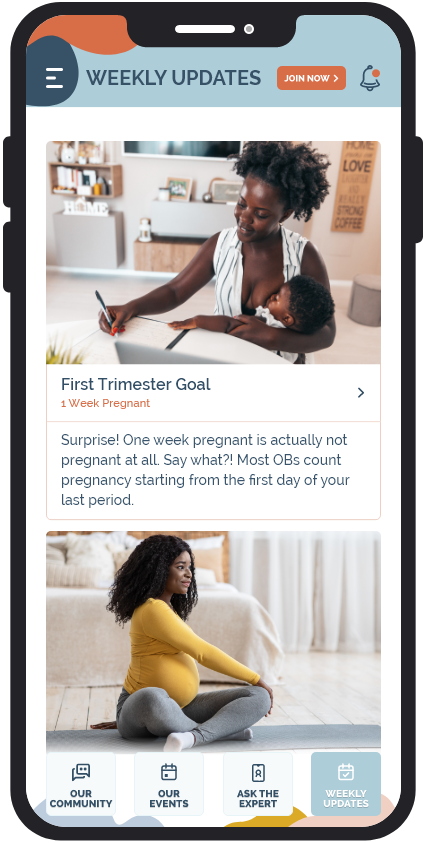
The Wolomi: Pregnancy Companion App has since been born and become a light for many moms-to-be and new moms looking to take control of their birthing and mothering experience as opposed to just taking whatever healthcare providers offer. Among other offerings, the app allows them to stay abreast of events where they can find community, to undergo mental health screenings to ensure they’re being supported, to speak with experts like a pediatrician instead of going down a scary rabbit hole online, and to hear from a midwife to be educated about their pregnancy journey. George has equipped mothers with the tools necessary to take full ownership of and have confidence about their journey, as opposed to being in fear before, during and after.

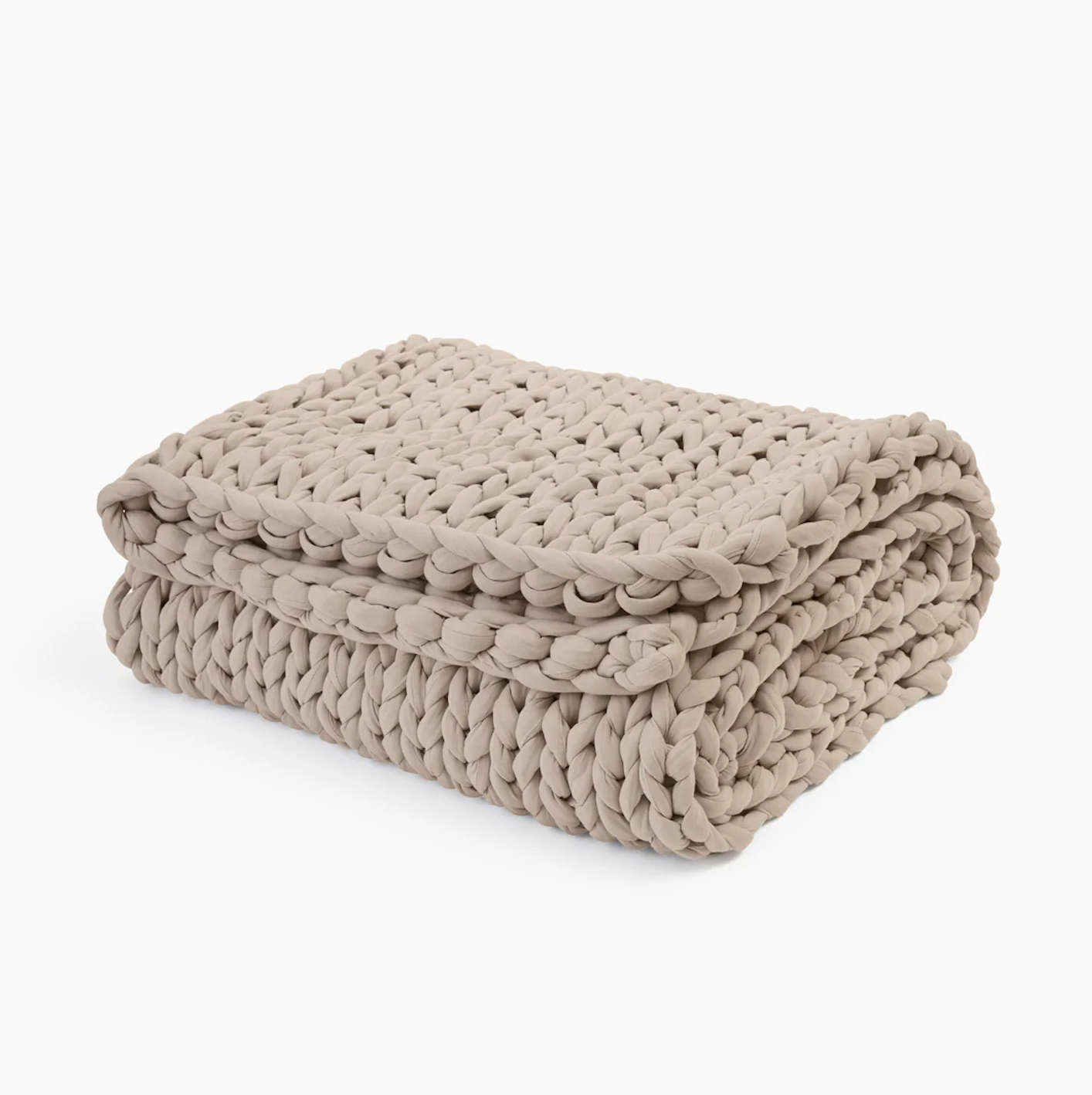
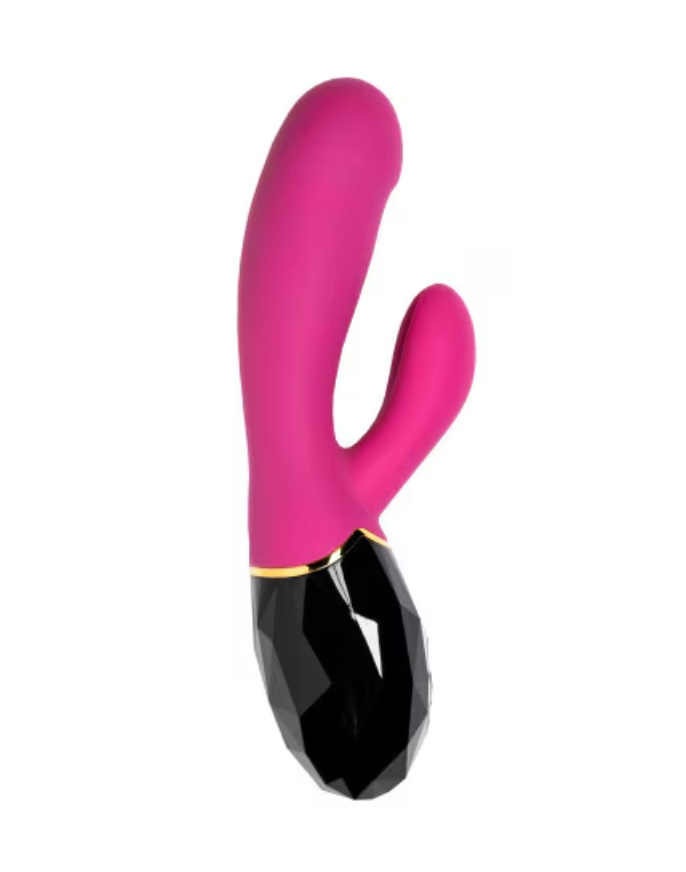
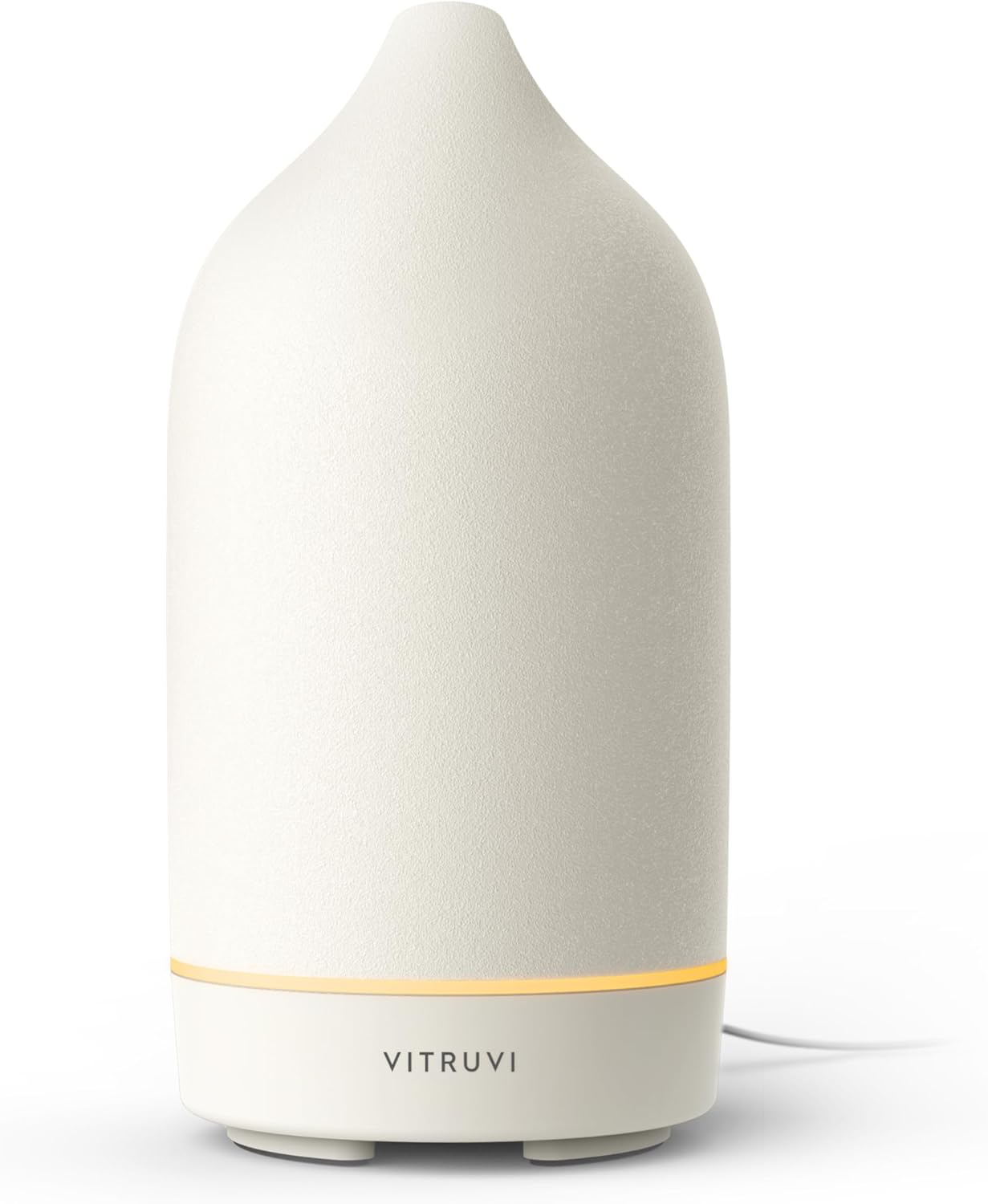
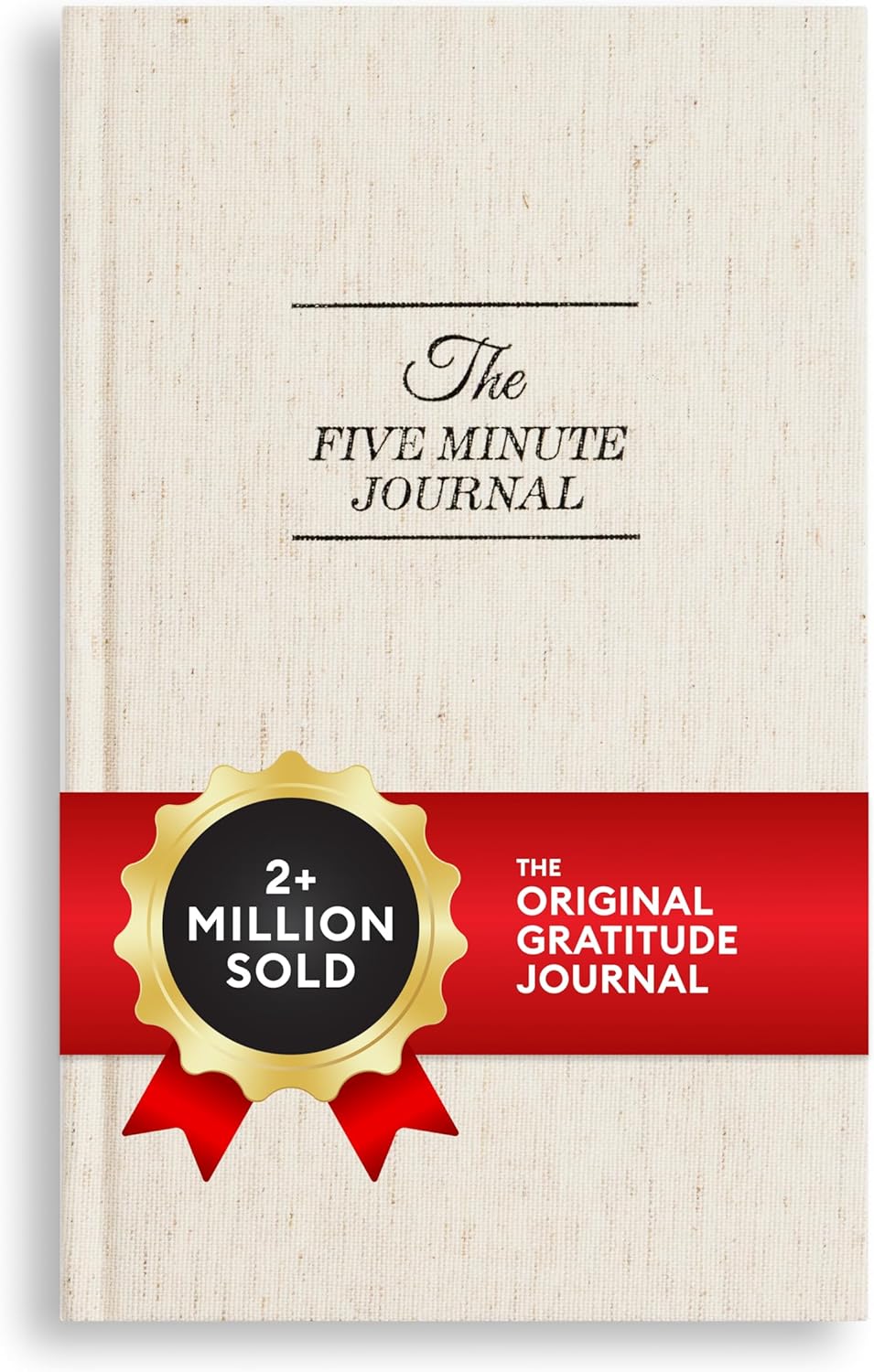


“This is a joyful moment. You can have joy with the right information. Now, birthing in itself can be unpredictable, but you can own it,” she says. “A lot of times, we get pregnant and the healthcare system just takes over. And then when we have the baby, it’s like, ‘That was nuts. For the past nine months or so, I don’t know what the hell happened.’ And then, you’re just thrown into motherhood. We don’t have to have that kind of experience. So when you’re coming to Wolomi, our hope is that you find a partner and a companion, and that you are joyful. It’s a joyful experience because you have the knowledge to go through the experience boldly and joyfully.”
She adds, “You can have joy and you should have joy. You deserve it. You deserve joy and you deserve to own the journey.”
The Wolomi app, for women of color by a woman of color, can be downloaded in the Apple App Store & Google Play Store for free.




